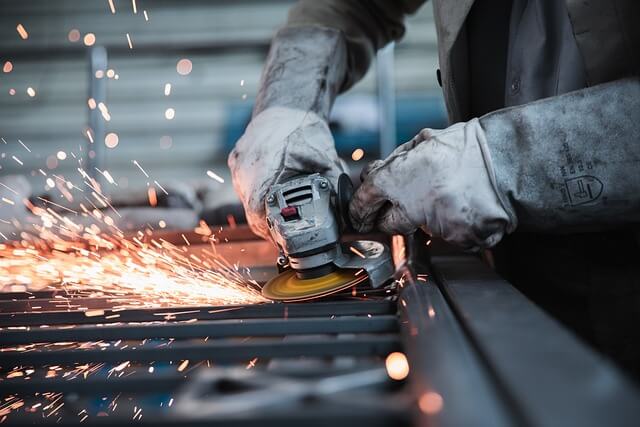There will come a time when you need new technology to improve the productivity in your factory. It’s a fact of life that, over time, new developments in machinery will make your current equipment obsolete. As such, when the time comes that you identify a machine that can transform your workspace for the better, how should you go about getting it? Here, we’re going to look at your options, whether you should buy new, used, or consider leasing a machine, and the pros and cons of each.
Buying new
Investing in new industrial equipment has its perks and pitfalls. On the bright side, brand-new gear often boasts cutting-edge technology, promising enhanced efficiency and productivity. Plus, you typically receive warranties and comprehensive support from manufacturers, easing worries about malfunctions. New equipment also adheres to the latest safety and environmental standards, ensuring a secure and sustainable work environment. However, the initial cost of purchasing new machinery can be daunting, especially for smaller businesses or startups. Additionally, waiting for delivery and setup can delay operations, impacting deadlines. Moreover, with rapidly evolving technology, there’s always the risk of new equipment becoming outdated sooner than expected, potentially necessitating premature upgrades. As such, you may make an upgrade only to find that it soon becomes much cheaper on the pre-owned market as even newer equipment has made it slightly more outdated.
Buying preowned
By comparison, buying a preowned machine is almost always significantly cheaper. Without the premium price tag on it, it can make it a lot easier to integrate into your production lineup as soon as possible. What’s more, if you’re buying from places like industrial auctions, you may get an even better deal on it than from a preowned dealer. Of course, there is always the expectation of some wear and tear on older machines. Even if they are well-maintained and offer some certified quality checks, they are not going to be in quite the same condition as a brand-new machine. With most providers, you also don’t have any kind of warranty, though the manufacturer is still likely to be able to provide replacements and other services at a fee.
Leasing
While we have looked at the options regarding the different ways that you can outright own the machinery that your business makes use of, let’s not forget leasing as an option, as well, which has its own benefits and drawbacks. Leasing typically allows you to gain access to new and impressive technology at a fraction of the cost of buying them new from the manufacturers. Those lower costs can also allow you to upgrade to newer machinery more frequently, and typically the company leasing the machine out is the one expected to pay for maintenance and repairs. However, over time, leasing is significantly more expensive than buying a machine, as you’re paying a constant fee to keep hold of it. What’s more, you don’t own the machine, which means that you don’t gain any tangible value or assets at the end of the lease.
Of course, there are situations which are going to make each of the options above right for you. You have to consider your own situation, financially and otherwise, with the factors above to see which works best to your needs.

Leave a Reply